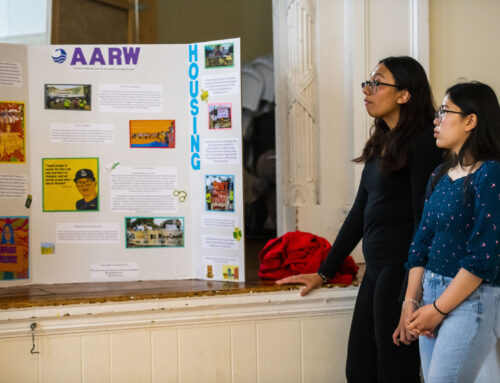Earlier this week, Alabama’s near-total ban on abortion was blocked by a U.S. federal judge before it was expected to take effect in just a couple of weeks.
Back in May, Alabama legislation announced that abortions taking place during any stage of a woman’s pregnancy is a crime, with the only exception being if the mother’s health was at risk. Signed by Republican Alabama governor Kay Ivey, the Alabama Human Life Protection Act was a ban on all types abortions, even including those induced by prescription drugs. All abortions committed, even those against rape or incest in Alabama was to be considered as a crime. Doctors and those who performed abortions would be subject to ninety-nine years, or essentially life in prison.
Pro-abortion organizations Planned Parenthood and the ACLU sued against the ban which would have taken effect beginning on November 15th. The two pro-choice organizations sued for Dr. Yashica Robinson, an abortion giving gynecologist and obstetrician from Huntsville, Alabama. On Tuesday, October 29, US District Judge Myron Thompson responded to this case by temporarily blocking the ban from taking place using a preliminary injunction.
“It violates the right of an individual to privacy, to make choices central to personal dignity and autonomy. It diminishes the capacity of women to act in society, and to make reproductive decisions.” Thompson explained the ban’s unconstitutionality in an opinion delivered accompanying his injunction.
Alabama’s proposed ban on abortions wasn’t the first of its kind. Earlier this year, multiple states such as Kentucky, Georgia, Mississippi and South Carolina all have passed “heartbeat laws”, or legislation that ban abortions as soon as heartbeat is first detected, which could be as early as six weeks into the pregnancy. Recently, Utah and Arkansas approved abortion bans eighteen weeks into pregnancy. All of these laws were part of a singular goal to get the topic of abortion back up to the United States Supreme Court and overturn Roe v. Wade, the landmark decision which legalized abortion in 1973, explained Rep. Terri Collins, a Republican from Alabama. Ever since the addition of Justice Brett Kavanaugh to the Supreme Court, the legalization of abortion has been in the works to be overturned. However, abortion bans in six other states have also been blocked by other federal judges, thus preventing the case from reaching the Supreme Court.
But with the news of this injunction, those like Republican representative Collins who supported the anti-abortion Alabama law still remain hopeful. If Judge Thomson affirms his ruling and files for an appeal, it would fulfill the anti-abortion agenda of giving them the opportunity to take up the constitutionality of abortion up to the U.S. Supreme Court and fulfilling their original goal. Although, as of now, abortions are legal and protected in the state of Alabama, signaling a victory for organizations such as the ACLU, Planned Parenthood and other pro-choice supporters. “We will continue to fight to ensure that everyone can access health care — including safe, legal abortion.” said president and CEO of the Planned Parenthood Federation of America, Alexis McGill Johnson.




